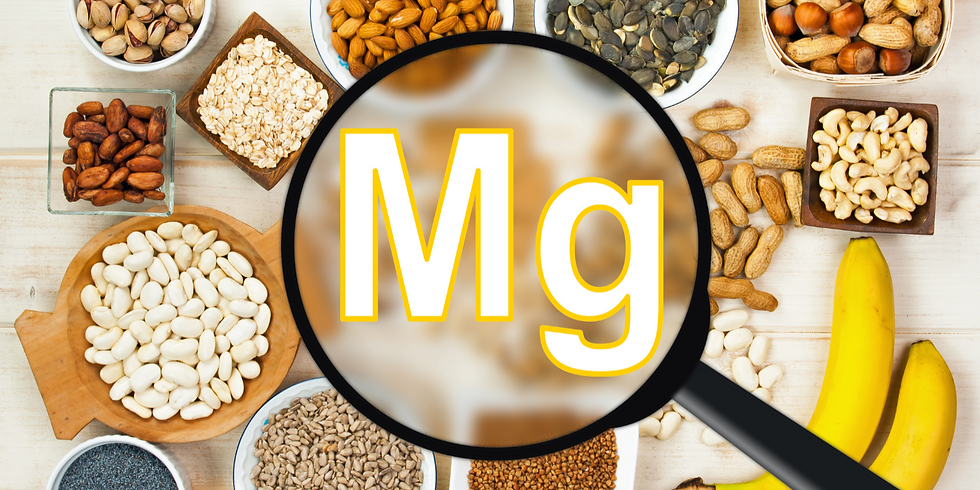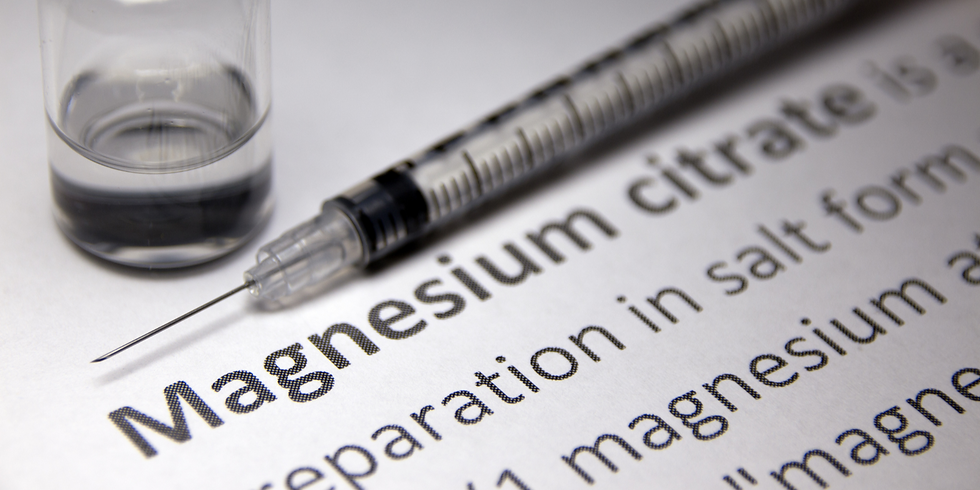Sluggish Bowels? 3 Supplements That Could Help + Why!
- Katie Bailey, MS, RD, LD, FNC

- Jun 27, 2024
- 5 min read
Hi everyone. Welcome back to our channel.
What does it mean to have a slow gut?
And how do you recognize sluggish bowels?
What are possible causes of a slow gut and how does it impact our overall health?
What role does diet play in a slow gut and what are some lifestyle changes that can help with it?
What are three supplements that can help enhance our gut motility?
What is a pro kinetic and how can they help?
These are the questions that I'll be addressing in today's video.
(Video Transcription Below Video)
Hi, I am Katie Bailey. I'm a registered dietician at Flusso Nutrients where we provide supplement education and professional quality supplement options for you to make the world of nutrition supplements a little bit easier to navigate.
As always, be sure to check with your main nutrition literate healthcare provider before starting anything new. As we can't know your full medical history to make a personalized recommendation. So without further ado, let's jump into today's video.
What does it mean to have a slow gut? And how do you recognize sluggish bowels?
A slow gut, also known as sluggish bowels or a lazy colon, refers to a condition where the movement of food and waste through the digestive tract is slower than normal, leading to uncomfortable symptoms.
Some common symptoms of a slow gut include infrequent bowel movements, difficulty passing stool, hard lumpy stools, bloating and abdominal discomfort, loss of appetite and nausea or vomiting.
If you experience these symptoms consistently, this may be an indication that you have slow gut motility.
What are possible causes of a slow gut and how does it impact our overall health?
When gut motility, also known as peristalsis is impaired, it can lead to a backup of waste in undigested food, which can cause different problems.
Now, peristalsis is the contractions and relaxations of the muscles that move food through the digestive tract.

There are many factors that can contribute to slowed gut motility or a slowed peristalsis, including our diet.
So eating a low fiber diet and not getting adequate fluids, a lack of exercise, certain medications like opioids and antidepressants, chronic stress and anxiety.
As well as we know, gut health plays a crucial role in our overall health, and slowed gut motility can cause various issues beyond constipation, such as nutrient malabsorption, inflammation, and imbalance in our gut microbiome, a weakened immune system, as well as increase our risk for developing IBS or sibo.
Maintaining a healthy gut motility is essential for proper digestion and absorption of nutrients as the elimination of waste, which is all going to contribute to our overall health.
What role does diet play in a slow gut and what lifestyle changes can help?
Dietary modifications play a crucial role in managing a slow gut and promoting regular bowel movements.
Dietary eat changes include things like increasing their fiber intake, really making sure to increase those fruits, vegetables, whole grains, nuts and seeds and legumes as this is going to add bulk to your stool, making them easier to pass, staying hydrated.
So adequate fluid intake is also going to help prevent constipation and improve our gut motility as it's going to soften the stool and make it easier to pass as well. Incorporate probiotics or probiotic rich foods, so including yogurt and keefer sauerkraut, kimchi, things like that because that's going to help promote a healthy gut microbiome as well as promote regular bowel movements.
And then lastly, really trying to limit those processed foods that are going to lack fiber and a lot of nutrients and focus more on nutrient dense whole foods.
And lastly, incorporating regular physical activity. Exercise can help to stimulate the contraction of those muscles in the digestive tract.
So even light exercise like stretching or yoga and walking can be beneficial for those struggling with a slow gut.
Okay, now let's jump into:
What three supplements can help enhance gut motility?
While dietary and lifestyle changes are essential for helping to manage a slow gut, there are supplements that can also be beneficial to help support gut motility and promote regular bowel movements.
The first one I want to talk about is called Atrantil Pro, and this is a supplement that's often used to treat SIBO symptoms like slow gut motility.
SIBO stands for small intestinal bacterial overgrowth. It contains a combination of natural ingredients like spore based probiotics, as well as peppermint extract, which can help alleviate bloating, gas, and constipation.
Peppermint specifically has been shown to have anti-spasmodic properties as well as anti-inflammatory properties.
The second one I want to talk about is called MotilPro, which is a supplement that is specifically designed to support gut motility as well as stimulate gut signaling neurons and support upper GI comfort.
It contains a blend of herbs and nutrients like ginger and vitamin B, six five, HTP, and acetyl L carnitine, and these are all going to help to stimulate that peristalsis as well as promote regular bowel movements.
Now, because it contains five HTP, it's not a supplement that is recommended for individuals that are currently taking antidepressants.
The last supplement I want to talk about is called motility activator, and this supplement is going to stimulate motility in transport.
It contains artichoke leaf extract as well as ginger root extract, and both ginger and artichoke have been shown to have pro kinetic effects, meaning that it's going to help stimulate peristalsis and improve gut motility.
It should not be taken if you have an allergy to ragweed or currently get gallstones or have a bile duct obstruction.
So what is a prokinetic and how can they help?
Well, kinetics are substances that can help stimulate peristalsis and improve our gut motility.
While there are prescription pro kinetic medications available, there are also natural options you can use that are also effective, so things like ginger and peppermint like we talked about before, these can help to stimulate the protection of digestive enzymes in bile, promoting better digestion and motility.
Another one is magnesium. Magnesium is an essential mineral that can help relax the muscles in the digestive tract promoting better peristalsis.
To wrap up our topic for today, a slow gut can significantly impact your overall health, but there are strategies that you can incorporate to help manage the condition.
So by incorporating dietary changes like increasing your fiber intake and your water intake, as well as considering supplements that have beneficial ingredients like ginger or peppermint, you can improve your gut motility and promote regular bowel movements.
If you're struggling with a slow gut and would like to try a supplement to help, I will link the ones that I discussed today in the description box, and if you would like further assistance in determining the root cause of your symptoms, we'd also be very happy to help with that. If you liked this video, please hit the like button and subscribe for burn nutrition videos.
Let us know in the comments if you have any questions.
And if you'd like to work with our clinic, you could click the link HERE to schedule an appointment. We do take insurance and you can find information about that on our website.
Thank you for watching. I'll see you next time.
Bye.
Check out the high-quality supplements we discussed in this video - links below for your convenience!
1) MotilPro by Pure Encapsulations: create an account here, then search the name "MotilPro by Pure Encapsulations" - https://us.fullscript.com/welcome/flussonutrients
2) Motility Activator by Integrative Therapeutics: create an account here, then search the name - https://us.fullscript.com/welcome/flussonutrients
3) Atrantil Pro by Atrantil: create an account here, then search the name - https://us.fullscript.com/welcome/flussonutrients
3) ALL PROFESSIONAL QUALITY SUPPLEMENTS: https://flussonutrients.nutridyn.com & https://us.fullscript.com/welcome/flussonutrients




Comments